President, Dr. Peter Jankowitsch (from the left), and Members of the Austria-Vietnam Friendship Association organize international seminars on Austria-Vietnam relations (2019) (Photo: WAJ)
* Understand the value of peace
While Vietnam was fighting for independence more than fifty years ago (1972), a big group of Austrian youth, students, and intellectuals from Europe flocked to the streets to support Vietnam. Three anti-Vietnam War rallies were organised in Salzburg, the location of Mozart's musical genius, particularly in May 1972. These protests were directed at US President Richard Nixon, who was on a diplomatic trip to the Soviet Union and chose Salzburg as a stopover. The helicopter was unable to land at the pre-arranged site because he was encircled by protesting groups and foreign media. President Nixon was shocked to hear the next day, while reading the news, that the leader of those protest groups was a young man named Peter Kreisky - the son of Austrian Chancellor Bruno Kreisky (who was the same age as him and was presently welcoming him). These rallies created a powerful surge of momentum, forcing the Austrian government to sign a declaration recognising Vietnam's independence (establishing diplomatic relations) before Vietnam attained full independence. Austria was one of the first four European countries to make this gesture.
Many of those who took part in the protests went on to become important figures in Austria and Europe, including Mr. Peter Kreisky, the first President of the Austria-Vietnam Friendship Association (which he and his colleagues founded after the protests); Mr. Peter Jankowitsch, the first Austrian Ambassador to the United Nations, Austria's Minister of Foreign Affairs, and former President of the Austria-Vietnam Friendship Association; Mr. Heinz Fischer became Austria's President (serving two terms from 2004 to 2016); Mr. Robert Jungk became a journalist and was awarded the Right Livelihood Award in 1986. The Austrian postal office honoured him by printing his portrait on postage stamps, and the city of Salzburg organised 20 exhibitions to commemorate his 100th birthday (1913 - 2013). They have all contributed to the preservation and promotion of Austria and Vietnam's long-standing historic friendship. The intellectual community in Austria and Europe understands the hardship sustained by the Austrian people during the two World Wars [2].
Austria signed a permanent neutrality pact in 1955 and has since served as a meeting, dialogue, and negotiation venue for global peace concerns such as the conflict between Russia and Ukraine (2014-present) and the nuclear issue between Iran and the six main nations. Austria has no professional military and is not a member of NATO. Vienna, the capital city, is proud to be one of the four United Nations headquarters in the world, as well as the home of other international organisations that promote peace, stability, and sustainable development, such as the Organisation for Security and Cooperation in Europe (OSCE), the International Atomic Energy Agency (IAEA), and the United Nations Industrial Development Organisation (UNIDO).
Austria and Vietnam have many similarities because both countries have firsthand experienced the devastating effects of wars and conflicts. Above all, the people of these two countries have learned important lessons about peace. They profoundly comprehend and have the right to proclaim the importance of global peace.
When asked about the role and position of both Austria and Vietnam in maintaining a common peace for the Asian, European, and global regions, Ambassador, Dr. Hans-Peter Glanzer, who served as Deputy Chairman of the Second Committee in the 52nd General Assembly, Permanent Mission of Austria to the United Nations in New York (1996-1999), and Deputy Head of Austria's Permanent Mission to the Organisation for Security and Cooperation in Europe (OSCE) (1999-2004), shared: “This is a really serious subject, in my opinion, and the question is extremely valid. As you indicated, both countries have experienced similar historical periods and are staunch advocates of the global order, particularly in terms of strengthening multilateral systems and supporting the United Nations and regional institutions. For example, in relation to Austria, you cited the OSCE, whose headquarters are very close to where we are now (in Austria). This is one of our foreign policy priorities. We are also researching disarmament options. One of the primary objectives specified in the Treaty on the Prohibition of Nuclear Weapons is the elimination of weapons of mass destruction. Vietnam is also one of the first countries to meet the treaty's standards. As a result, I am certain that this is a widespread and practical worry. Although there is still ambiguity over Iran's nuclear programme, it is hoped that such progress can be made. These programmes will be held in Vienna, and I believe it would be advantageous if we could provide a venue for such negotiations and dialogue. It should be stressed, however, that these measures are consistent with the European Union's single security and foreign policy. The European Union can also be viewed as a peace endeavour. Furthermore, Europe has had to learn the harsh lessons of two great wars, and I believe that one of those lessons is the European Union itself ”.
Dr. Hans-Peter Glanzer, in particular, stated, "I believe that Vietnam is also contributing to the region's construction and connectivity." Vietnam has done exceptionally well in its role as ASEAN Chair in 2020. I also believe that this has improved its image in United Nations. For the 2020-2021 term, Vietnam is a non-Permanent Member of the United Nations Security Council. This indicates Vietnam's firm commitment to overall stability and prosperity.The Diplomatic Academy of Vietnam, for example, holds annual in-depth seminars. Addressing complicated topics like international law and marine law is also very important to Vietnam. This obviously reflects Vietnam's commitment and interest in the general norms (international legal frameworks) themes I stated.
* Austria and Vietnam - lands of poetry and music
Another striking similarity between the Austrian and Vietnamese ethnic groups is in poetry and music. Austria is recognised as the "capital of music in the world" because of the genius Mozart, but Vietnam is renowned as the "country of poetry" because of the great poet Nguyen Du. People all throughout the world have recognised and praised the achievements of these two geniuses over the years. This invaluable common history bequeathed by the forefathers is a crucial basis for both nations to continue growing and maintaining their friendship through cultural exchanges. It provides a stable framework for cooperation in a variety of disciplines such as economy, trade, science, and education, which is growing in depth and effectiveness.
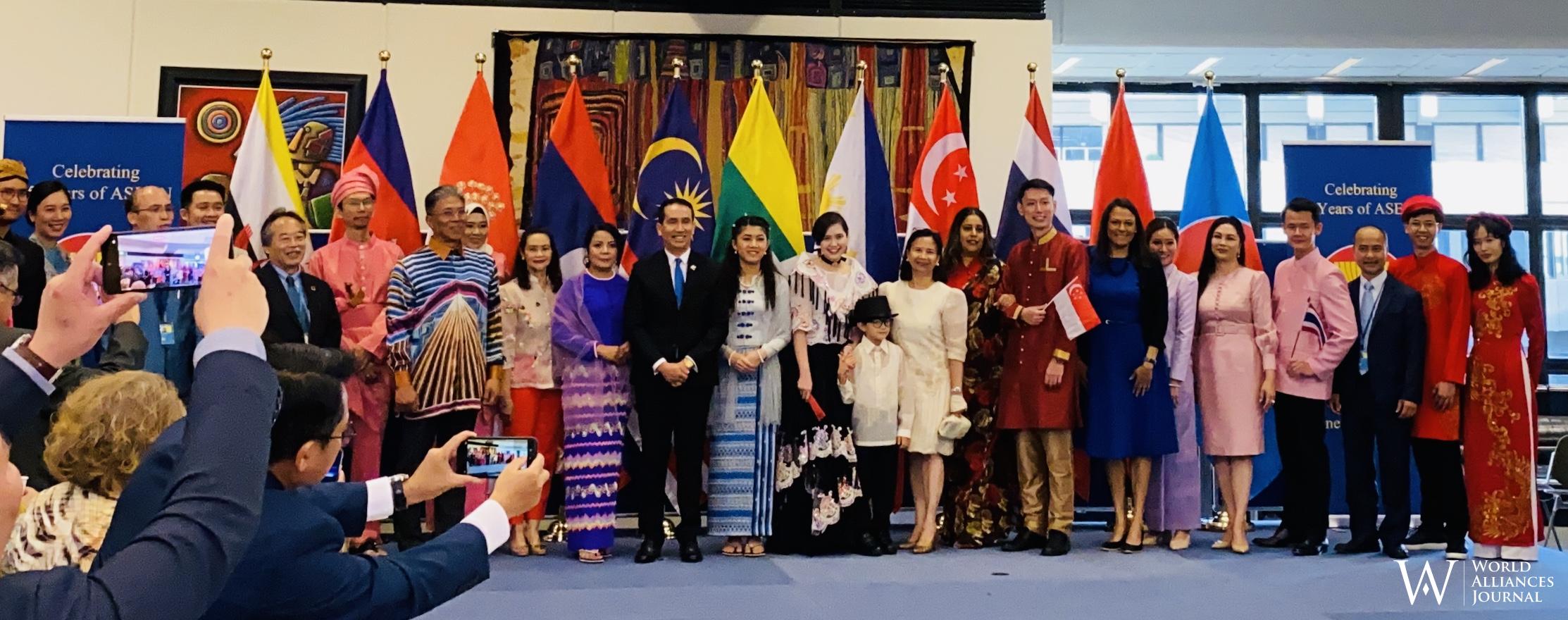
Vietnamese Ambassador Nguyen Trung Kien (3rd from the right) and ASEAN ambassadors are making efforts to promote the good relations between the two Asian-European blocs through cultural exchange programs (2022) (Photo: WAJ)
Numerous classical music programmes from Austria and Europe have been organised in Vietnam in recent years, as have many amazing traditional cultural and artistic performances from Vietnam that have been displayed in Austria and Europe. Recognising the significant shared value of cultural exchange and the heartfelt sentiments of intellectuals, scientists, and people from both countries, former Austrian President Heinz Fischer, Prof. Thomas A Bauer from the University of Vienna (who had previously participated in anti-war demonstrations in Vietnam in 1972), and Prof. Ta Ngoc Tan, along with scientists from both sides, engaged in discussions and supported the establishment of the Viet Nam Human Rights Commission in 2014. With the aim that culture would serve as a powerful bond, connecting the peoples of both countries through genuine empathy, understanding, and mutual support, while also contributing to the preservation of the region's and the world's common peace.
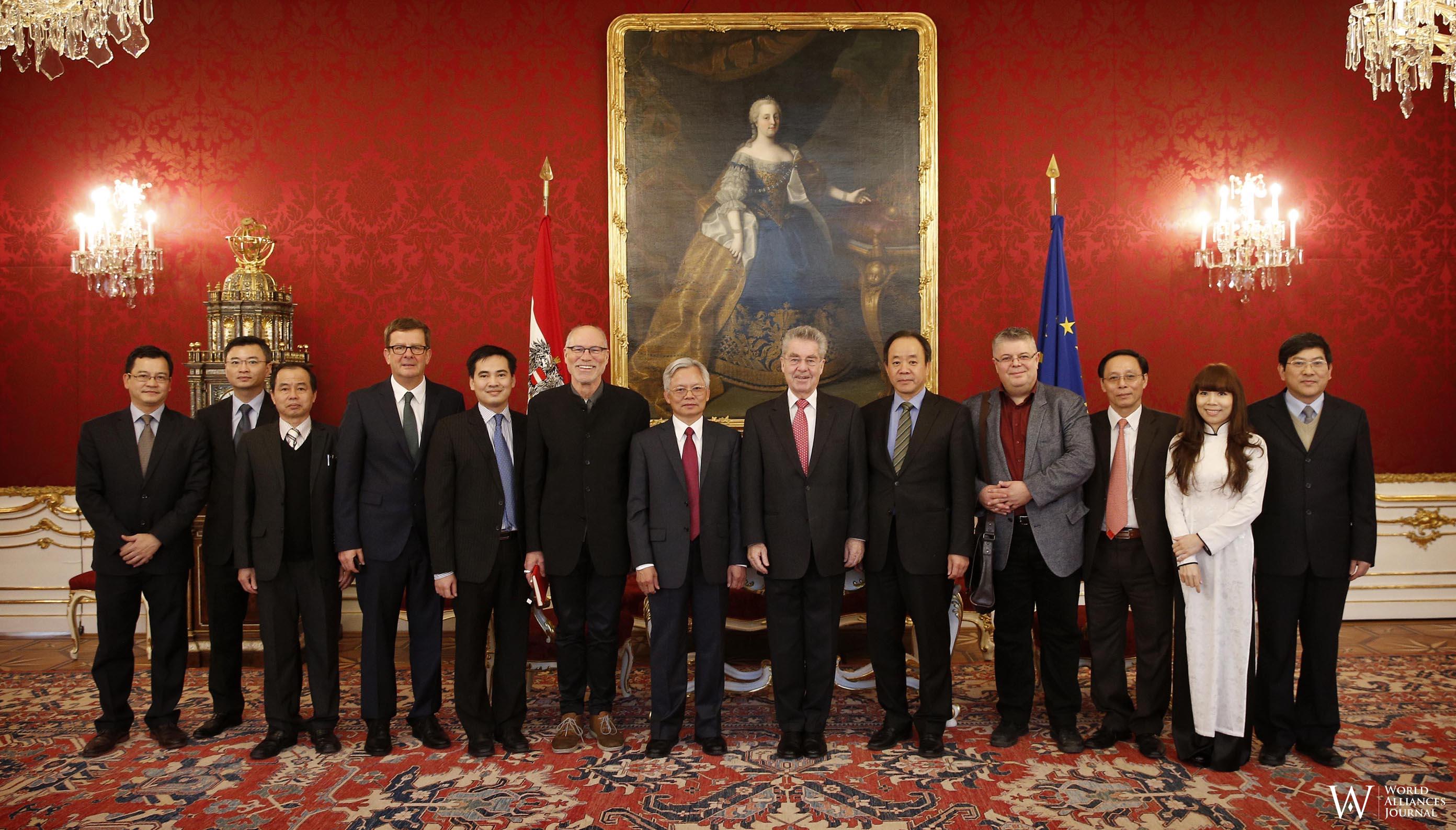
Prof. Thomas A Bauer, Prof. Ta Ngoc Tan, and the delegation of scientists from both countries had a meeting with former Austrian President Heinz Fischer (6th from the right) (2014) (Photo: Austrian Presidential Press and Information Office)
Furthermore, the two countries have prioritised academic cooperation. Approximately 30 collaboration agreements have been formed between Austrian and Vietnamese universities. Many of these institutions have taken part in the ASEAN-EU Academic University Network (ASEAN UNINET), which was founded by Austrian and Vietnamese universities. A Bachelor's programme in Tourism and Hospitality Management has been developed in collaboration between the University of Applied Sciences Krems and the University of Hanoi. The Academy of Journalism and Communication and the Institute of Communication Science at the University of Vienna have signed strategic cooperation agreements twice, allowing hundreds of Vietnamese research fellows, journalists, and media leaders to study, research, and gain practical experience in Austria and Europe. In addition, both sides have organised delegation exchanges, invited professionals to lecture in Vietnam, hosted international scientific conferences, and published joint research papers.
* The bilateral relationship holds great prospects for the future
Austria is currently one of Vietnam's top ten largest trading partners within the EU bloc. Meanwhile, Vietnam is Austria's largest economic partner inside the ASEAN group, with bilateral commerce expected to reach $2.8 billion in 2022. Bilateral commerce has more than tenfold grown since 2000, hitting a high of 1.4 billion euros in 2022. Vietnam is increasing its exports to Austria while increasing its imports from Austria.
Austria, on the other hand, has over 40 effective projects in Vietnam, focusing on railways, healthcare, vocational training, and wastewater treatment. There are currently 50 to 60 enterprises in Vietnam, primarily in the southern region. Among them are Swarovski, renowned manufacturers such as Doppelmayr, and, most notably, Gleisbauer from Austria, who helped build the cable car system, which holds two Guinness World Records, in the magnificent natural wonder of Ha Long Bay, Quang Ninh province, Vietnam.
Over the period of more than 50 years of diplomatic ties (1972-2022), Austria and Vietnam have consistently enhanced their cooperation and development in a variety of spheres. They have maintained regular contacts and high-level exchanges, coordinated closely, and supported each other in multilateral forums to achieve the common goals of peace, collaboration, and mutual growth. Austria opened its Representative Office - Chamber of Commerce in Ho Chi Minh City in 2019 as a result of substantial success. However, economic cooperation falls short of the potential and expectations of both countries' leaders and people.
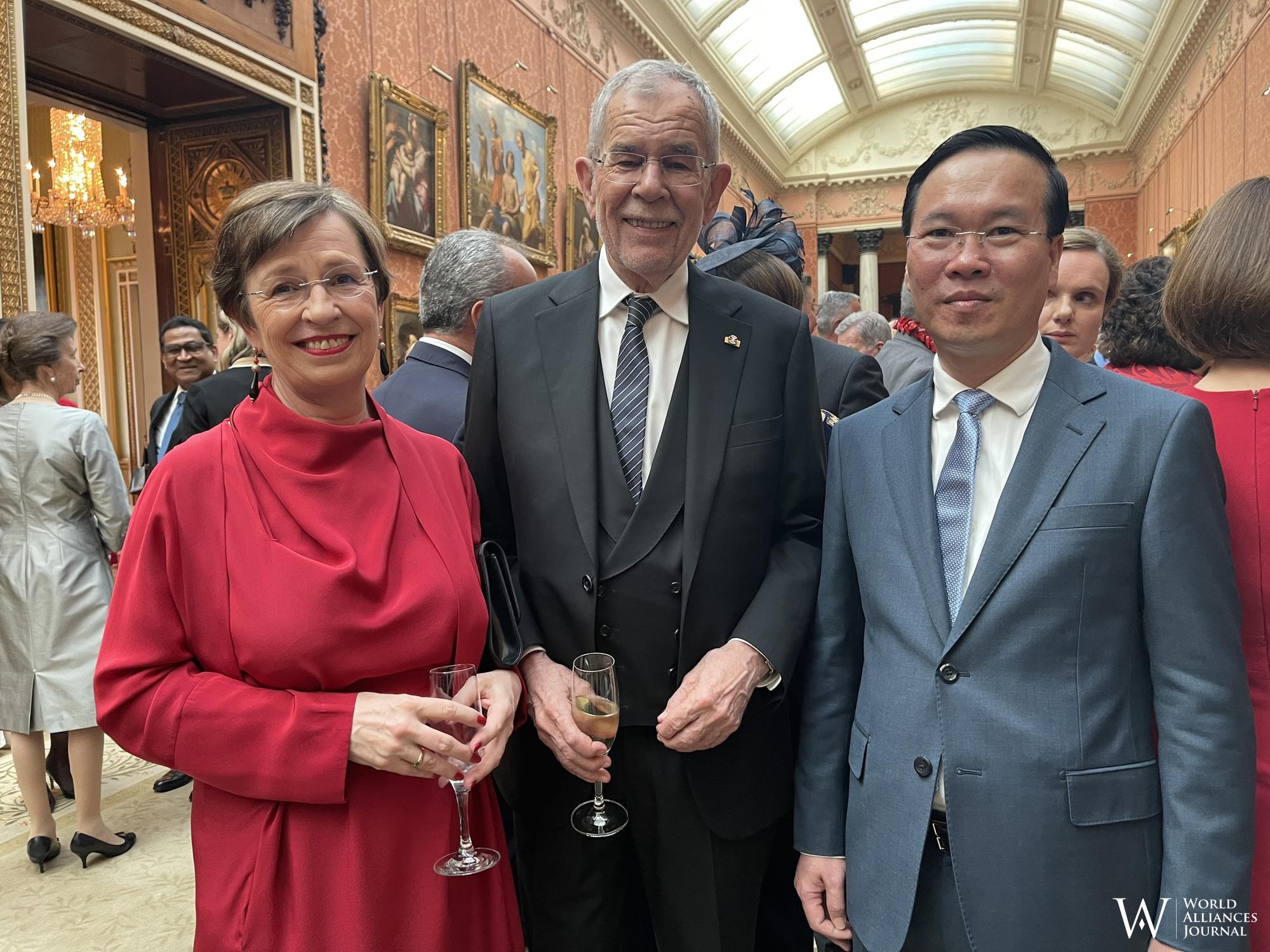
President of Vietnam Vo Van Thuong (on the right) and President of Austria Alexander Van der Bellen, along with their spouses, at the coronation ceremony of King Charles III, UK (May 6, 2023) (Photo: VNA)
It is hoped that the current visit of President Vo Van Thuong and a high-level delegation from Vietnam to Austria (July 23-25, 2023), at the invitation of President Alexander Van der Bellen, will serve as a significant milestone, marking the 50th anniversary of diplomatic relations between Austria and Vietnam. It seeks to strengthen and promote constructive cooperation and opportunities in a variety of fields.
Finally, I would like to quote the great words from Victor Hugo [3]: "Peace is the virtue of civilization. Its crime is war."
--------
1.https://www.tudiendanhngon.vn/danhngon/dn/itemid/637
2. Nguyen Thi Bich Yen (2015), "Operational Internationally: Journalism, Media, and Heads of State - Key to War and Peace," Journal of War-related Topics, Proceedings of the 2015 International Scientific Conference, Academy of Journalism and Communication, University of Vienna - Austria, page. 415-435, Hanoi, and Journal of Political Theory and Information Science, Issue Dec 2015.
3.https://www.tudiendanhngon.vn/danhngon/dn/itemid/447
Wien, July 2023
Dr. Yen Platz and Editoral Board
PROMOTED
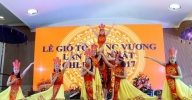
On the anniversary of Hung King's death anniversary (March 10, 2022 in lunar calendar), the overseas Vietnamese community in more than 30 countries around the world will jointly organize an online event: "Global Vietnam National Ancestor Day 2022 - Ancestor's death anniversary and honor the descendants of King Hung globally".
Dr. Yen Platz- Young translator conquers the ancient Greek classic Anabasis – Memoir of the Persian Expedition
- Austria news - Usama Nosshy channel covers Asean's 55th anniversary celebrations at the United Nations in Vienna
- VietnamPlus Newspaper reported about ASEAN's 55th anniversary at the United Nations in Vienna
MOST VIEWED
-
1
Iain Frew - British Ambassador to Vietnam

-
2
PRESS RELEASE: VIETNAM ANCESTRAL GLOBAL

-
3
Noon Sunshine

-
4
Nguoi Lam Bao Magazine covers Asean's 55th anniversary celebrations at the UN in Vienna.

-
5
ACWA Power Chairman at OPEC Seminar: Saudi Arabia Ranks Second Globally After China in Artificial Intelligence Technologies ... "We Talk Little, But We Do a Lot"

The two Kings Philippe and Van der Bellen havedifferent backgrounds, one is of royal origin, and the other is a child of a refugee family (once of noble origin) but now, in the eyes of the European public, both of them are giving off a sense of courtesy, virtue and erudition.
WAJWith the attendance of many international figures, the 80th anniversary of the end of World War II was celebrated at the United Nations headquarters.
Journalist Usama Soliman

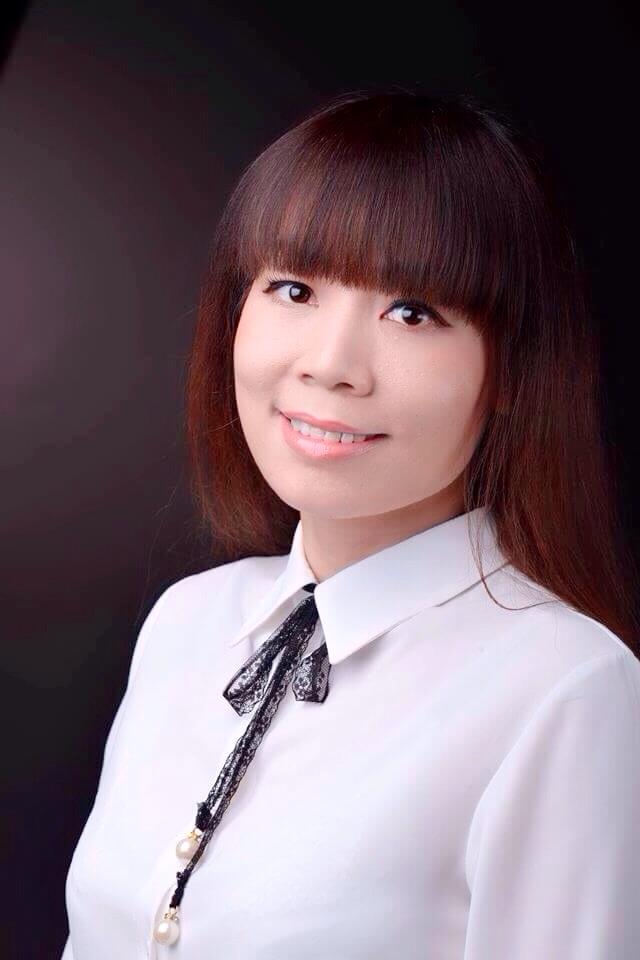
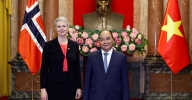
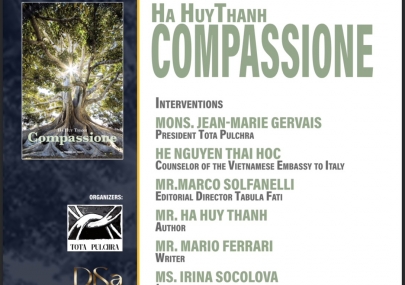
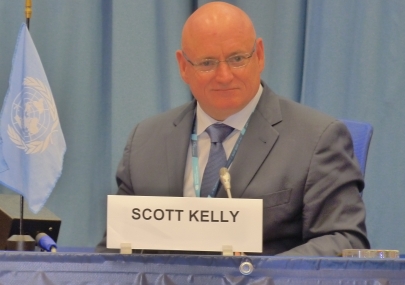
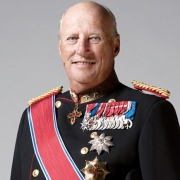
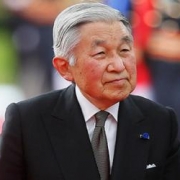
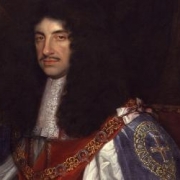
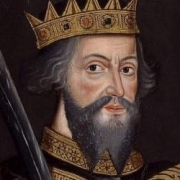


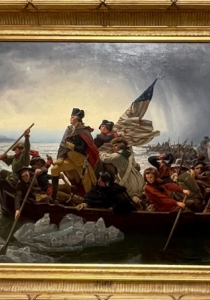
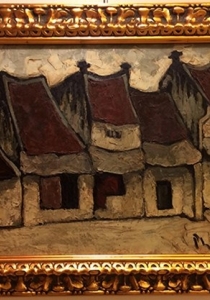

Comment